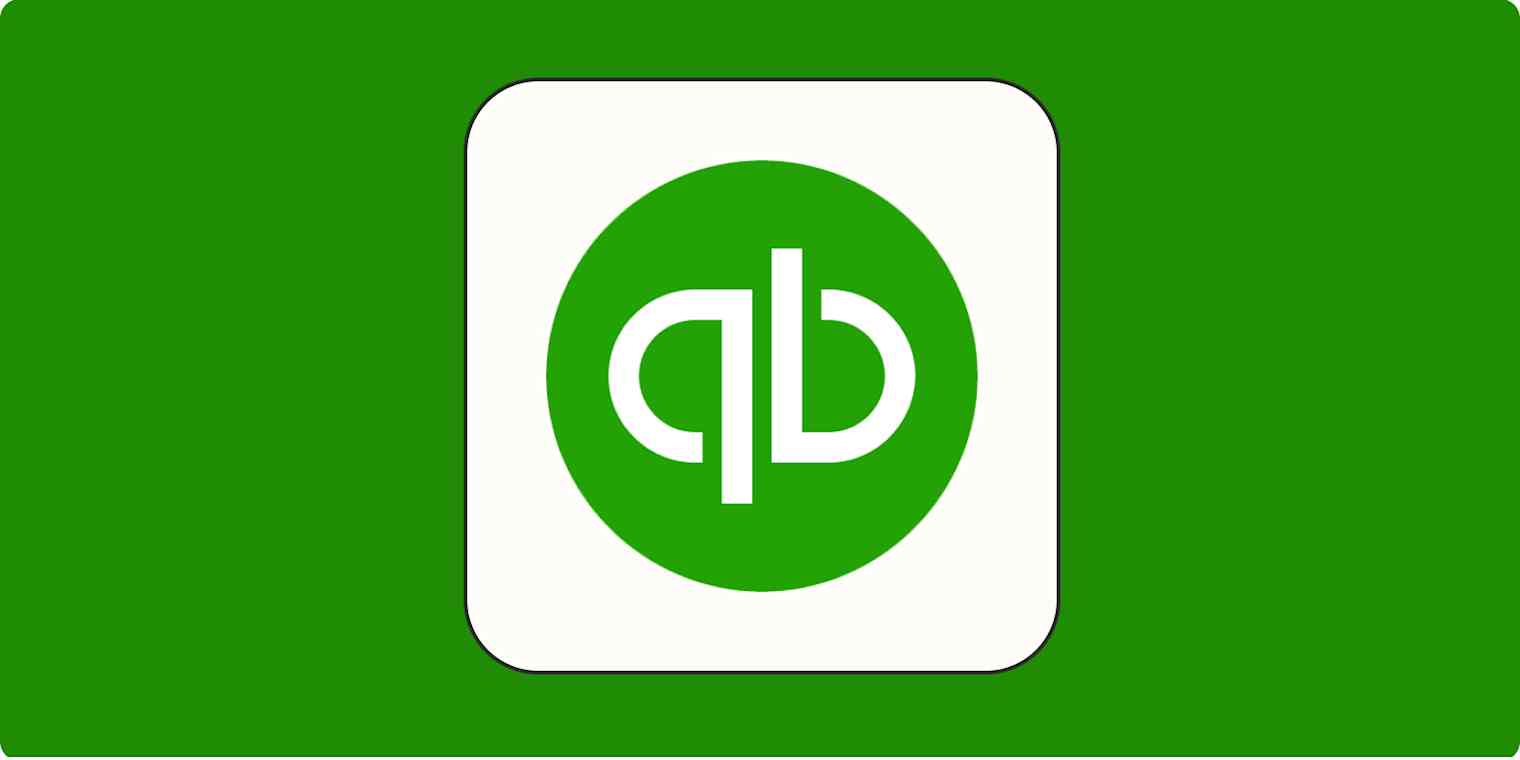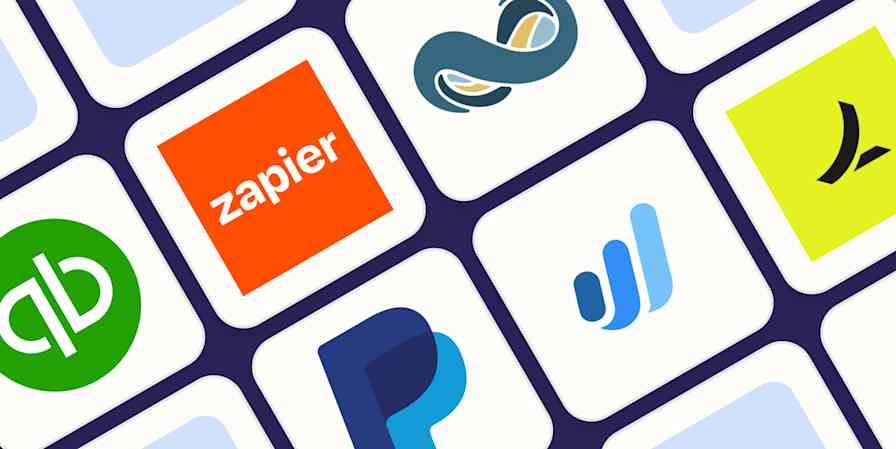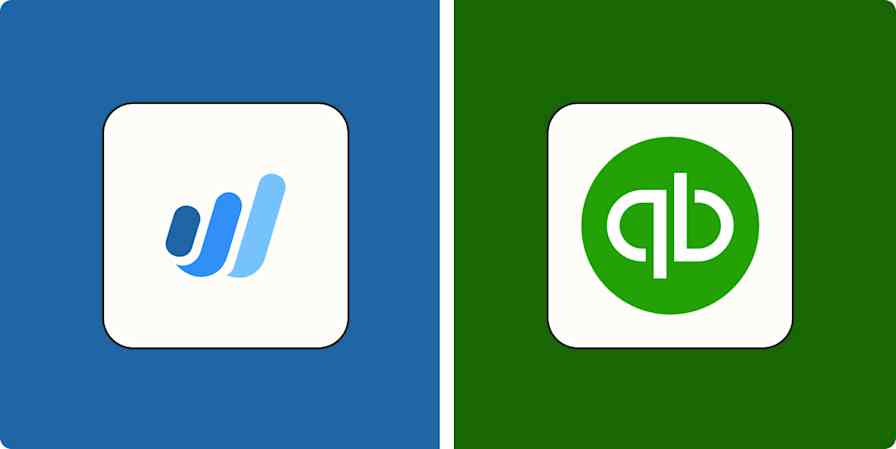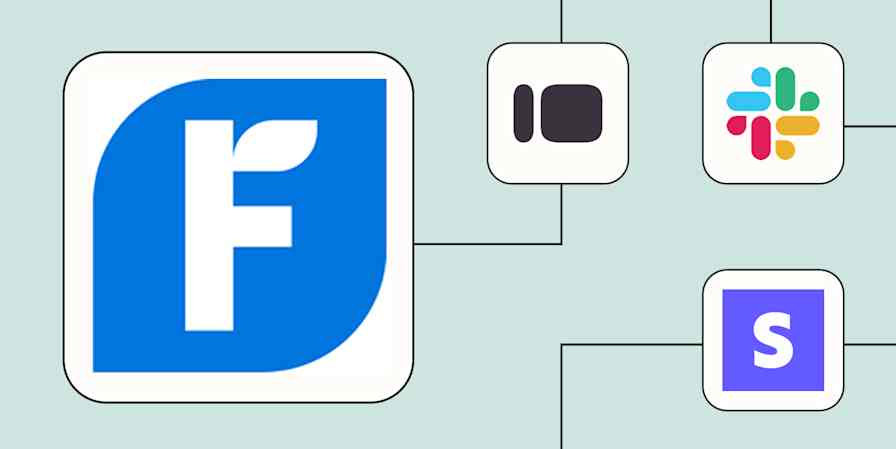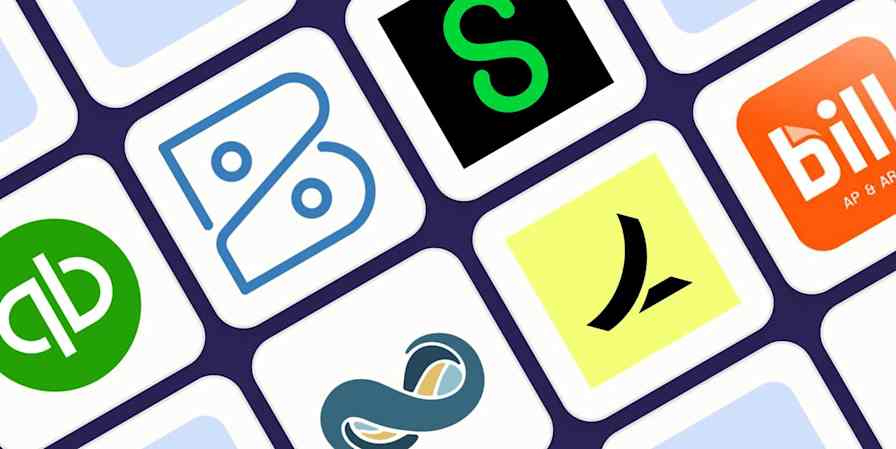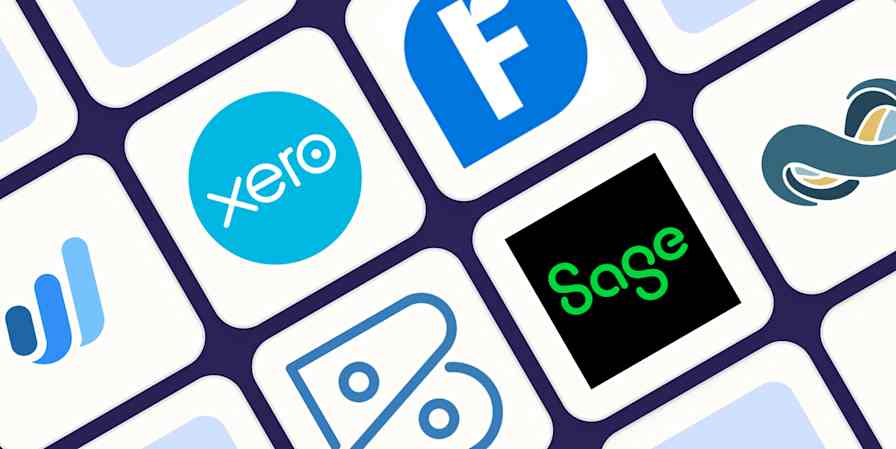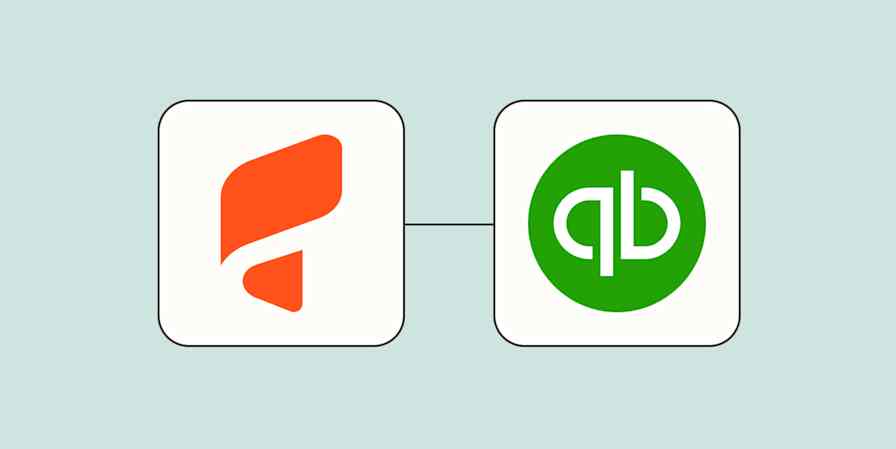Accounting software is difficult enough to wade through without pitting QuickBooks Online vs. QuickBooks Desktop against each other. It's the Karate Kid question: who's better, that Karate Kid or the other Karate Kid? This is essentially the reason participation ribbons were invented.
I've deduced that it comes down to a stubborn user base—one that refuses to let go of QuickBooks Desktop in favor of its cloud-based successor. Granted, most people agree QuickBooks Online is the better option, but the old-timer is still somehow in the running.
The two iterations of QuickBooks' accounting software shine in different areas. Whereas one is completely online and cloud-based, the other operates locally on your computer. One is sleek and modern, and the other seems to have been designed for a cubicle.
I spent time in both the online and desktop versions of QuickBooks. So to show you what I mean—and to prove that the accounting industry doesn't believe in participation ribbons—I'll highlight the features, key differences, and capabilities of QuickBooks Online and QuickBooks Desktop.
Table of contents:
QuickBooks Online vs. QuickBooks Desktop at a glance
As I was testing them out, I found QuickBooks Online a lot sleeker, more modern, and easier to navigate than QuickBooks Desktop. Every step was prefaced with a tutorial, guiding me in setting up my company's profile by prompting me to provide specific information.
QuickBooks Desktop was slow, to put it bluntly. Everything from the installation screen to the lagging interface gave me flashbacks to the 1998 dial-up tone on my family's Pentium III computer. There were also fewer prompts of the tutorial variety, but I was pleasantly surprised by the number of features packed into it.
To put it simply:
QuickBooks Online is a better fit for businesses that prioritize real-time collaboration and better accessibility to their accounting data.
QuickBooks Desktop is best for businesses that prefer implementing locally installed software. It provides better control over data and more stability.
While the two iterations are different in some aspects, they're essentially the same product, and the differences between them aren't as glaring as they are with other accounting software solutions.
| QuickBooks Online | QuickBooks Desktop |
|---|---|---|
Accessibility | ⭐⭐⭐⭐⭐ Grant access to multiple team members, each with their login credentials and customized permissions for enhanced security
| ⭐⭐ Data stays on the local computer, offering control and stability but limiting access among multiple users |
Collaboration | ⭐⭐⭐⭐⭐ Changes made by one user are reflected instantly for others, facilitating real-time collaboration | ⭐⭐⭐ Restricts collaboration due to local installation but can still be used on local networks |
Integration | ⭐⭐⭐⭐ Offers a wide range of apps that can be quickly and easily integrated | ⭐ Provides limited integration features for payment processing, point of sale, and eCommerce platforms |
Software updates | ⭐⭐⭐⭐⭐ As a cloud-based solution, all software updates are applied automatically | ⭐⭐⭐⭐ Software updates can be manually downloaded and installed |
Features | ⭐⭐⭐⭐ Offers a wide range of features, from invoicing and expense tracking to reporting and inventory management | ⭐⭐⭐⭐⭐ Extensive features for users managing accounting tasks independently or within a single workspace |
Pricing | ⭐⭐⭐⭐ Simple start: $35/month Essentials: $65/month Plus: $99/month Advanced: $235/month | ⭐⭐ Silver: $1,481/year Platinum: $2,363/year Diamond: $4,668/year |
AI | ⭐⭐⭐ Intuit Assist automates tasks like invoicing, bill and estimate generation, and expense matching | N/A |
User interface | ⭐⭐⭐⭐ Sleek, modern, and easy to navigate; handles well and has a wide range of value-adding capabilities | ⭐ Ancient interface, difficult to navigate, demands high CPU use, and can freeze your computer |
QuickBooks Online is accessible from any device with an internet connection, while QuickBooks Desktop is installed locally
QuickBooks Online is the cloud-based option. All you need is your account information, and you can access your QuickBooks details on any device with an internet connection.
Let's say you have an international team working on QuickBooks from multiple remote locations. QuickBooks Online would be the better option in that case.
QuickBooks Desktop, on the other hand, is installed locally, meaning you download and install the software on your computer or multiple computers in your office, for example. Once installed, your accounting data will only be accessible on one of these devices, making it difficult to work on the go. But local installation means more control over your data, who has access, and overall general security of your business information.

QuickBooks Online is more collaborative, whereas QuickBooks Desktop provides more tools for solo users
For many teams, speed is everything. If your accounting software doesn't register changes in real time, it could lead to costly delays.
That's where QuickBooks Online shines. It's designed to foster collaboration between multiple users, facilitating multi-user access to accounting data. Each user has their own login credentials, which can be customized to limit access to sensitive information. There's also a feature that facilitates inviting your accountant to the platform, so they can have direct access to your data.

QuickBooks Online is optimized to be as user-friendly as possible and very easy to navigate. The side menu categorizes features for easy access, for example, aggregating sections for employees, their taxes, and compliance details under the Payroll category. It takes a bit of time to click around and understand where everything is, but a quick run-through is more than enough to familiarize yourself with what QuickBooks Online can do.
Another feature that deserves mention is the AI assistant tool QuickBooks Online offers, Intuit Assist, which gives accounting insights, helps generate emails, and supports message auto-drafting.
QuickBooks Desktop doesn't offer the same multi-user accessibility, but it does have a more comprehensive assortment of features that provide an in-depth view of your accounting operations. QuickBooks Desktop offers more advanced inventory management features, job costing worksheets, sales orders, and highly customizable reports.

And let's not forget offline accessibility for the times your ISP decides to ruin your Monday.
The software itself may look like an outdated image on some monitor within a cubicle maze, but it's versatile in what it can do. The dashboard does an excellent job dividing all accounting aspects into a flowchart type of view, while the sidebar provides quick access to a list of features. That said, it can feel overwhelming and confusing if you don't have prior accounting knowledge.
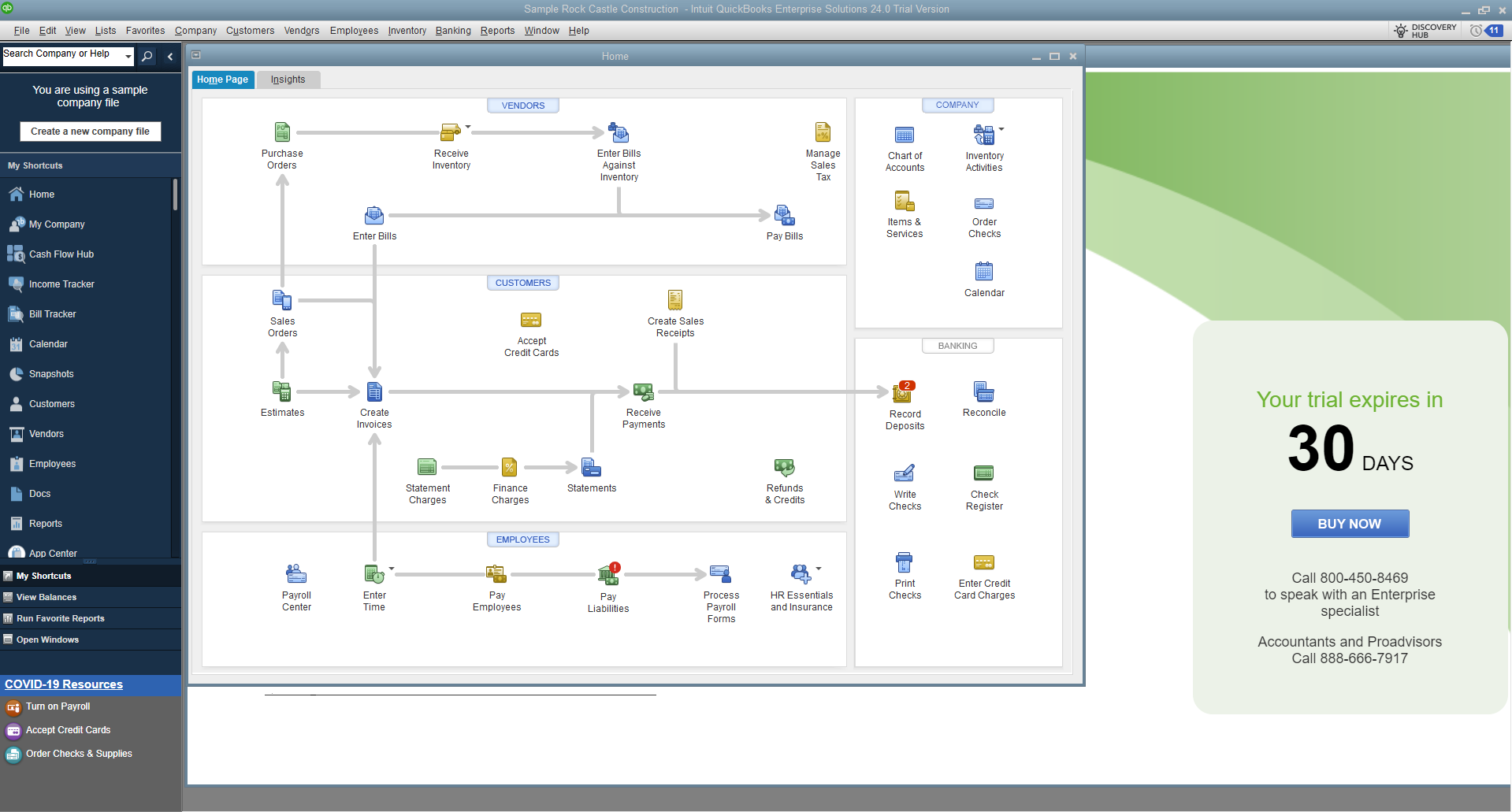
It's fair to point out that multiple people can use QuickBooks Desktop over the local network at the office. But when multiple users are working on the same file simultaneously, changes made by one user won't be instantly visible to the rest of the team. The changes need to be saved and refreshed, leaving a lot of potential for errors.
QuickBooks Desktop is a better fit for businesses that prefer to store their data locally and are less dependent on real-time updates or extensive collaboration.
QuickBooks Desktop has limited integration options compared to QuickBooks Online
The issue with accounting software like QuickBooks Desktop is that it's designed to work locally and independently, which doesn't leave a lot of room for integration with other programs, especially cloud-based ones.

QuickBooks Desktop can feel rigid and resistant to modification or integration—the same way Apple products and iOS felt rigid back when everyone had overheating, self-cooking Android phones. The product doesn't make implementation easy.
And that's where QuickBooks Online takes the lead—the Apps tab comes with a search bar and apps that you can integrate to improve analysis and reporting functionalities, from income and expense management to time tracking, invoicing, and customer management.

You can also integrate QuickBooks Online with Zapier, which lets you connect QuickBooks to thousands of other apps in your business's tech stack. You can do things like automatically add customers to or create receipts in QuickBooks when payments happen in other apps, or track new QuickBooks invoices or payments in another app. Here are a few pre-made workflows to show you what's possible, or you can learn more about how to automate QuickBooks.
Create QuickBooks Online customers with sales receipts for new Stripe payments
Add new ZenMaid contacts as QuickBooks Online customers
Zapier is a no-code automation tool that lets you connect your apps into automated workflows, so that every person and every business can move forward at growth speed. Learn more about how it works.
QuickBooks Desktop provides better security and control over data than QuickBooks Online
I'm not a big fan of personal or sensitive information being stored online, but that's because I've seen enough documentaries on what hackers like Anonymous can do.
You can (almost) always trust your local access, and QuickBooks Desktop reinforces that by keeping your accounting data on your local drive or network. You can easily control who can access this data, how, and when.
Going completely cloud-based comes with marginally higher security risks. While QuickBooks Online does offer security features like multi-factor authorization and encrypted data storage, it's accessible by anyone with employee login credentials and an internet connection.

QuickBooks Online is faster, lighter, and uses less processing power than QuickBooks Desktop
I have fond memories of technology from my childhood, and I've personally put in around 12 years of being "PLAYER 2," but I'm not nostalgic about how slow it all used to be. I'm not saying QuickBooks Desktop is going to give you that experience, but you can expect brief loading moments that may not meet your modern tech expectations.
Seeing as it's a program installed on your local system, it relies on the device's processing power and resources. With larger datasets or complex operations, QuickBooks Desktop might utilize more local processing power compared to the online version.

QuickBooks Online, however, runs on Intuit's servers. It's a cloud-based platform, meaning it operates on a webpage. It has faster load times and quicker response rates, all while requiring minimal local processing power—yes, even for all those pretty dashboards like the one shown above. Any laptop worth the name could run it with ease.
Online offers a sleek, modern interface; Desktop is a blast from the past
When it comes to user experience, QuickBooks Online is the winner, hands down. Online offers a clean, modern design that simplifies tasks, incorporates AI, and is accessible from any device with an internet connection—including mobile devices. QuickBooks Online feels like the solution for the modern business owner who needs to do a lot of things very fast and on the go.

From live collaboration to integrations with over 650 apps, it's easy to use out of the box and intuitive for people who aren't accountants.
In contrast, this is what the homepage of QuickBooks Desktop looks like. I am not kidding.

The design is antiquated, to say the least—but perhaps more alarmingly, the program itself will consume all of your computer's CPU faster than the Very Hungry Caterpillar got through an entire board book. (Mine froze twice working on this comparison, and I had to break out the hard-cancel-via-task-manager.)
This may be less of a concern for those with a whole machine to dedicate to accounting, but that's probably not the case for the average user.
QuickBooks Online offers an AI assistant
QuickBooks Online uses Intuit Assist, an AI assistant, to help you navigate the platform. Intuit Assist offers AI invoice creation and reminders, generates estimates, and creates payment reminders—all of which reduce manual accounting tasks. It's neatly integrated into each applicable feature, too, so it's easy to use with very little setup.
Plus, since it's integrated into multiple dashboards within QuickBooks Online, you can use its generative capabilities for everything from task automation to data generation to the aforementioned simple invoice auto-fill. It's basically a chatbot that lives inside the walls of your QuickBooks instance.

This won't be surprising if you've read this far, but QuickBooks Desktop doesn't incorporate any artificial intelligence or AI assistants into the program. But if it ever does, I imagine it'll look like Clippy.
QuickBooks Online vs. QuickBooks Desktop: Which is best for you?
How do you like your accounting software? Slow, local, and comprehensive, or fast, modern, and so user-friendly it might as well create your account for you?
QuickBooks Online and QuickBooks Desktop share the same basic functionality of organizing your accounting processes and automating much of the manual data entry work.
QuickBooks Online is simply easier to learn, provides a detailed onboarding process, and is very intuitive. For example, if your company relies heavily on remote collaboration and real-time updates, QuickBooks Online can be your centralizing platform with easy access for your HR department, accountants, and other team members.
However, if your company has an in-house team that collaborates on the same workspace network, you might find QuickBooks Desktop a better option, especially if your operations would benefit from features like advanced pricing and barcode scanning.
You should also consider budget constraints before choosing, as QuickBooks Online provides more plans and more diverse pricing options, while QuickBooks Desktop can be more expensive. I want to confidently say that the difference in pricing is due to the considerable number of features that QuickBooks Desktop offers, but I'm unsure if that's the case.
As you consider whether QuickBooks Desktop vs. QuickBooks Online is better for your accounting needs, keep in mind that QuickBooks Online is by far the more recent, up-to-date, and constantly evolving product. This ongoing development suggests that QuickBooks Online may eventually become the only option—the Desktop version hasn't had a facelift for quite a while. There may be a sunset in the future for this clunky (but beloved by Reddit users) application.
QuickBooks Online vs. Desktop FAQ
Just in case you're the kind of person who skips through "The Karate Kid" just to watch the final fight, here are the match highlights.
What is QuickBooks?
QuickBooks is a suite of accounting software developed and marketed by Intuit, designed for small and medium-sized businesses to handle their financial management and automate accounting operations. It provides features that cater to invoicing, expense tracking, payroll management, and tax preparation.
Should I switch from QuickBooks Online to QuickBooks Desktop?
Probably not, unless your business absolutely needs advanced inventory management features, barcode scanning, or assembly builds. Chances are your team will be happier sticking with QuickBooks Online. Not only is it the newer tool, but it also seems to be the focus in terms of update frequency, development, and marketing.
Which is better for small businesses?
Both QuickBooks Online and QuickBooks Desktop are designed to handle a small business's bandwidth and needs. Strictly based on ease of use and basic functionality, QuickBooks Online is an easier-to-adopt option that can handle small business accounting needs well.
Why do accountants not like QuickBooks Online?
Some accountants dislike QuickBooks Online's limited functionality, limited report customization, and dependency on the internet.
Is QuickBooks Online easier to use than QuickBooks Desktop?
QuickBooks Online is much more user-friendly and tutorial-heavy. It has less of a learning curve than QuickBooks Desktop and comes with a much more simplified dashboard that's easy to navigate.
I find myself leaning toward the futuristic solution, which makes QuickBooks Online my preferred choice of accounting software (my Ralph Macchio). Plus, it's the only one that integrates with Zapier, enabling you to seamlessly link your accounting management to the rest of your business's tools.
Related reading:
This article was originally published in January 2024 and has also had contributions from Abigail Sims. The most recent update was in January 2025.
